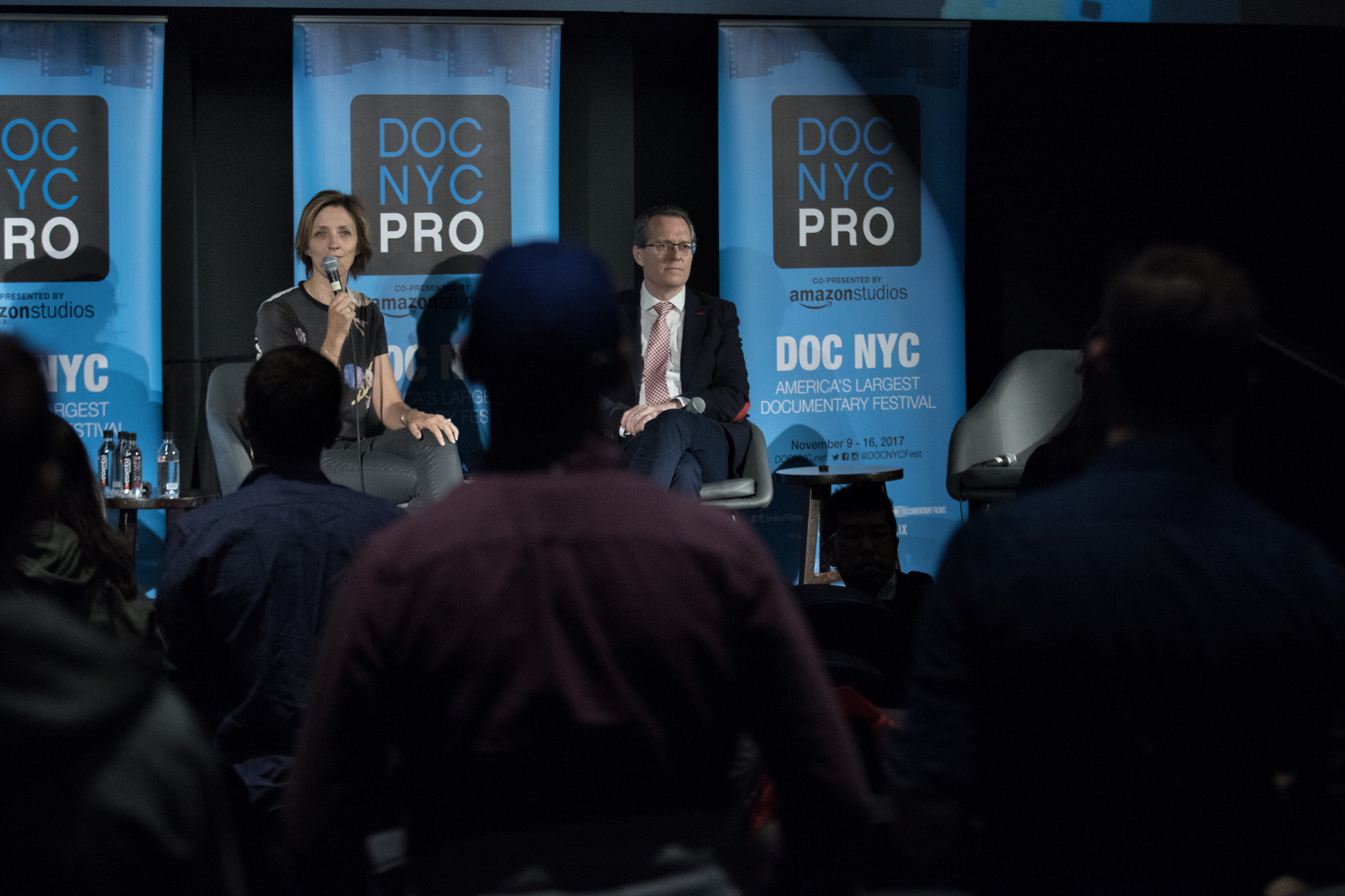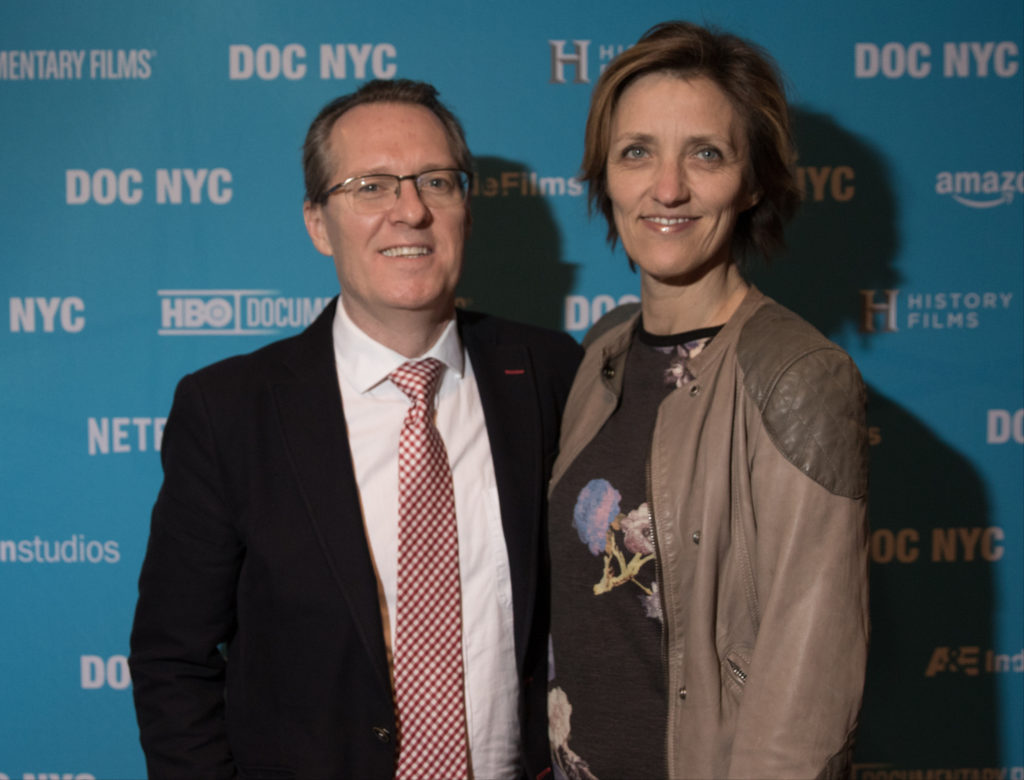Morning Manifesto on Short List Day at DOC NYC PRO WME agent Liesl Copland she shares her insights into new trends in securing documentary financing and distribution


Written by Lisa Kovitz
WME Agent Liesl Copland has spent her career securing documentary financing, including running a nascent documentary unit called “Red Envelope” in the early days of Netflix. At WME (recently rebranded as Endeavor Content), she works with passionate, top-level professionals in distribution, financing, and development.
Copland outlined two key trends in the vast world of non-fiction as the appetite for high quality content across streaming platforms rapidly increases.
Data Creates Insight-Driven Decisions
Four years ago at the Toronto Film Festival, Copland predicted that most distribution in the documentary world would move to digital platforms, which she believed would also make user and viewer data more available to key players – filmmakers, financiers, sales and distribution teams – in a way that was never possible before, and that would allow better decisions to be made about content, and when, where and how to release it. Flash forward to 2017, where Netflix famously uses their algorithms to find and retain audiences interested in documentaries, and ‘suggest’ content they are likely to watch.
“The audience rules everything,” Copland said. “They can make your movie a success.” Given the constant competition among streaming services and from social media news feeds, Copeland said that for documentary stories to be elevated, a reliable metric needs to be established.
Copland encouraged DOC NYC and other festivals and groups in the documentary community to create their own data-gathering tools, and to take advantage of platforms like Facebook and Instagram, which can also provide important data to filmmakers about who is watching their films, and interested in the issues they want to explore in their films.
Marketing Is the Filmmaker’s Job Too
“Audiences are looking for the truth, and you are the tellers of truth in this room,” Copland said. She explained that half the filmmaker’s job is making the film, while the other half is getting it to an audience – but not just any audience. You want one that will “lean in” to the story.
Copland also applauded the “event-izing” of documentary films, citing Magnolia Pictures’ decision to open The Final Year, an observational documentary about Obama’s national security and diplomacy leads in 2016, on January 19, the anniversary of President Trump’s inauguration.
As a producer of Ron Howard’s documentary The Beatles: Eight Days a Week, Hulu is hoping for a successful box office release as well as a significant audience on the streaming platform by marketing the film as their inaugural documentary feature and exclusive streaming service for the film. It’s a creative partnership that uses data-driven insights from users to generate excitement not only for the film, but for the launch of Hulu’s new documentary division, adding another streaming service to the non-fiction landscape.

